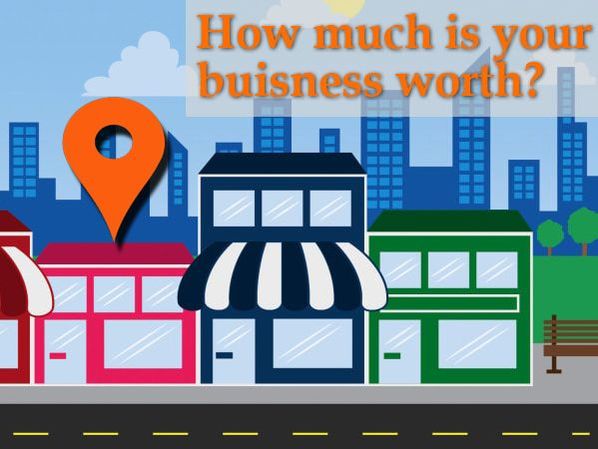BUYING A SMALL BUSINESS
|
Here’s some tips to help you assess if the business is suitable for you.
The main reason most people buy a small business rather than starting one is for the established infrastructure and ongoing cash flow. People buy franchises for similar reasons - they usually come with supplier agreements and a proven system of what works and what doesn't. THE APPROACH Once you've found a suitable business, you'll need to verify the state of the business before making an offer. This includes ensuring that sales are as good as the owner says they are, that employees will be happy with a new owner, and that customers will remain loyal once you take over. Make sure you investigate all aspects thoroughly. Are the business systems sound and documented, and is the cash flow sustainable? A business owner will want to sell their business for as much money as possible and as the buyer, you'll want to pay as little as possible. Your aim is to make the seller want to sell the business to you – on your terms and at your price. 1. Establish your credibility Formally register your interest in buying the business. The owner will usually have instructed a business adviser, such as a business broker, lawyer or accountant, to sell the business. Approach the advisers, rather than the owner to register your interested. Your integrity and your future plans for the business are usually extremely important to the seller. 2. Analyse the seller's objectives Working out the seller's motivation will assist you later in the process:
GO DEEPER Before you make any offer, complete a preliminary ‘due diligence' to ensure the business has no major problems. Always ask yourself this question - "If the business is as wonderful as they make out, why they are selling?" Sellers often gloss over the weak areas of the business or create short-term gains to give a favorable impression of the business. For example, lowering stock levels to artificially inflate profit (before stock needs to be re-ordered) can make a business seem more profitable. Ensure you investigate thoroughly before you show your interest in buying the business. 3. Get a feel for the business Immerse yourself in the business:
4. Ask industry experts Tap into the knowledge of those in the know:
CONDUCT DETAILED DUE DILIGENCE Once you've indicated that you're interested in buying the business and you've signed a Heads of Agreement or confidentiality statement, you can usually get access to more detailed information. 5. Speak to customers Establish existing customer perceptions:
6. Ask suppliers Get a feel for the business's credit history:
7. Analyse results and trends Analyse historical information and trends:
8. Look for changes Take care to look for changes or inconsistencies:
9. Check the finances Does the business have an efficient accounting system in place and does the owner monitor key performance indicators regularly? Check the major balance sheet items:
10, Conduct an employee audit If you're allowed access to the business, consider an employee audit:
11. Uncover any legal issues Complete a legal due diligence:
MAKING THE FIRST OFFER Before you make an initial offer, get professional advice to help you value the business, especially if there are any tax implications. Make your own sales and profit projections rather than relying on supplied figures. If you have ideas on how to increase profits, this is your good fortune, so don't inflate your offer price because of opportunities you've identified. If you can't identify where savings can be made and where there is scope to increase profits, then you shouldn't be buying the business. 12. What is the risk? Consider your level of risk. The risk is higher if the target business:
13. Negotiating goodwill Goodwill is an amount the seller might expect from you for the value of the business's intangible assets such as an established brand, loyal customers, high profit, quality staff, good location, long lease or supportive suppliers. Get advice from your accountant on the most favorable way to deal with goodwill. Try to negotiate it down if you can. For example, it may be more favorable to pay more for assets than to pay goodwill because assets can be depreciated over time. 14. Buy now, pay later Sellers usually prefer a lump sum for the business, but in reality the seller often has to leave some money in the business to help finance the deal. Try asking the seller if you can pay off the business over a period of time rather than in a lump sum. This allows you to pay using cash generated from the business itself and hints that the seller is confident the business will be able to fund repayments from cash flow. Vertical Divider
|
|
We're here to help your business. Let's talk.
We're here to help your business. Let's talk.
|
|
|
















